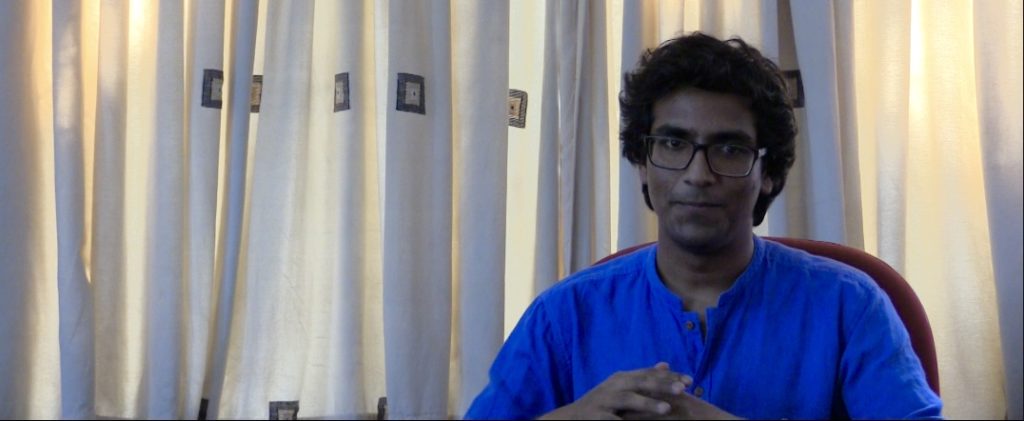The discussion on gender equality is often condensed (or dismissed) as ‘women’s issues.’ However gender inequality can affect men as well, and redressing this balance is something men should advocate for, too, Senel Wanniarachchi says.
A founding member of the youth participation and gender equality group Hashtag Generation, Senel was also selected as a Queen’s Young Leader Award recipient in 2017.
Yet the real inspiration for his advocacy comes from family. “My father worked in the military, so he was away for a long time. At that time, it was mostly my mother who raised my sister and I,” Senel said. Like many others, Senel’s mother had to balance work with more traditional roles of running a household and raising young children. “I saw for myself how my mother was treated differently and held to different expectations, as a woman,” Senel explained.
Apart from this, she was worried for her family’s safety. Not wanting to alarm her children, she kept her fears to herself. “We were young at the time. We didn’t understand the context of the war. We just knew our father was only in Colombo some of the time,” Senel explained. “It was only once we were older that we realised the difficulties she had faced in raising us.”
After graduating, Senel said he also received training on gender issues, which taught him to see things from a different perspective. “Boys our age often don’t see gender inequality as an issue. That’s because schools haven’t taught any different, and we’re socialised to think that it’s normal. So people don’t see gender inequality as injustice… we’re not taught to question.”
Apart from this training, Senel also traveled across the country and meet people with different perspectives to his. “These experiences shape the way you think, and the way you look at things.”
When it comes to the gender equality debate, men are often placed on a pedestal, Senel said. “Men are supposed to play certain roles. They are seen as powerful, strong, dominant and sometimes even violent. They are not supposed to express emotion. And this gives men access to certain privileges… but it also negatively affects them in different ways,” Senel said.
Those who did not fall within these prescribed “roles” would often face immense pressure. This is mirrored in society too.
Sociologists in Sri Lanka found that the suicide rate among men was higher than women, particularly in agrarian communities during drought. They have drawn links to the suicide rate among men and the stereotypical expectations of men to be providers for their families. “This is a good example of how men are placed on a pedestal, but also face unfair expectations. So gender equality is a men’s problem too, and it’s up to all of us to fight these expectations.”
Click here, here, and here for the previous articles in the series.
